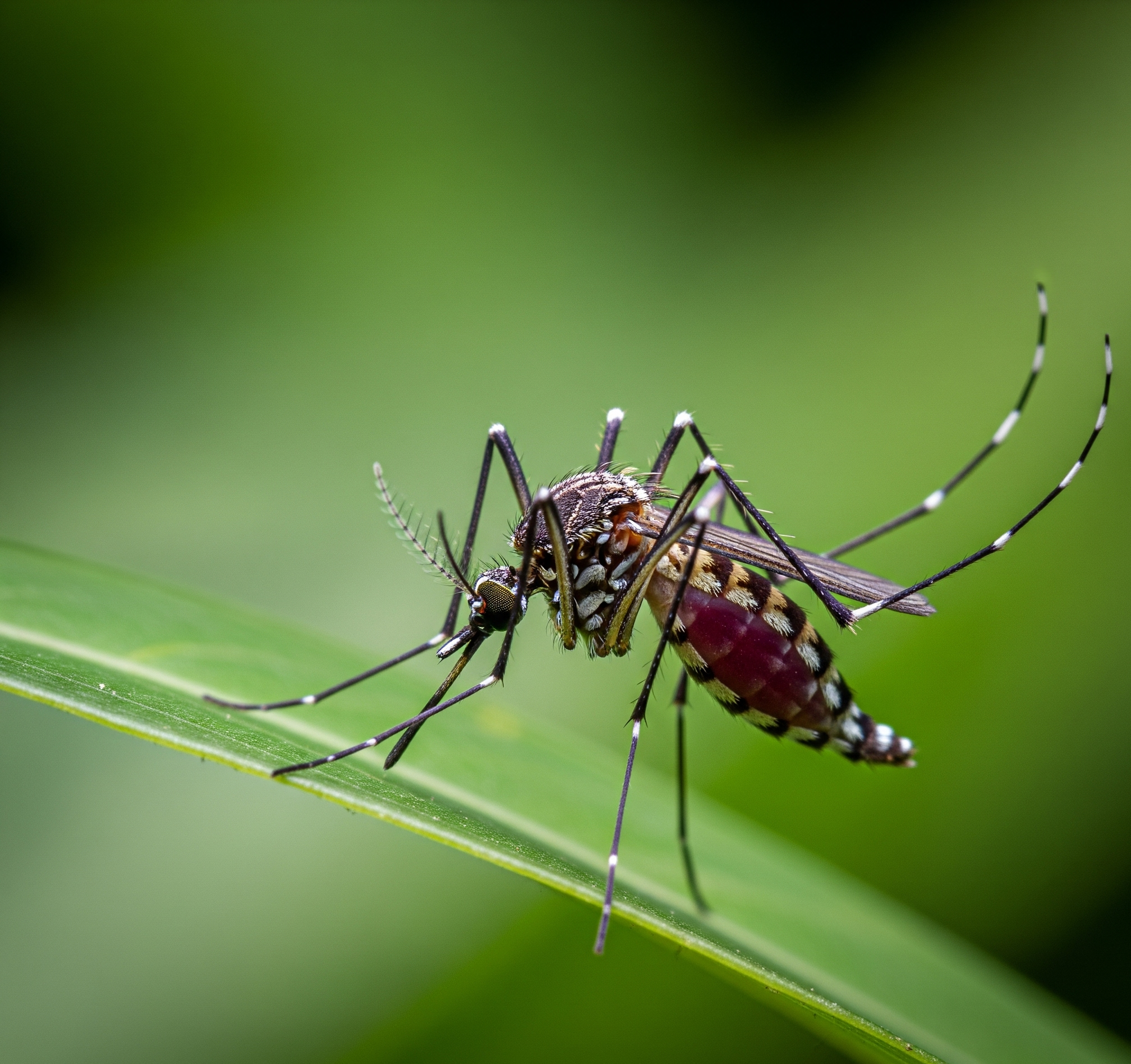
Increased Dengue Cases Put Focus on Public Health in Palakkad
With the arrival of the monsoon, Palakkad district is witnessing a notable uptick in dengue cases, echoing a wider trend across Kerala. In just the last 10 days, 202 people in Palakkad have been affected by dengue, highlighting the urgent need for community awareness and preventive action.
What is causing the rise?
Dengue is a mosquito borne viral infection primarily spread by the Aedes mosquito, which thrives in clean, stagnant water. The monsoon season creates ideal conditions for these mosquitoes to breed, leading to a spike in cases as soon as the rains begin. Health officials warn that improper cleaning and unchecked water accumulation in and around homes such as in plant pots and discarded containers are major contributors to the spread.
Symptoms of Dengue
- Sudden high fever
- Severe headache
- Pain behind the eyes
- Muscle and joint pain
- Skin rashes
- Nausea and vomiting
What Can You Do to Prevent Dengue?
- Eliminate Mosquito Breeding Sites: Regularly empty and clean containers that collect water, such as flower pots, buckets, and discarded tires.
- Keep Your Surroundings Clean: Dispose of waste properly and ensure drains are not clogged.
- Use Mosquito Protection: Wear long-sleeved clothing, use mosquito repellents, and install screens on windows and doors.
- Community Action: Local bodies are empowered to take legal action against households or institutions that allow mosquito breeding.
The rise in dengue cases in Palakkad serves as a reminder that while the monsoon offers relief, it also brings potential health challenges. Preventing the spread of dengue requires joint efforts from individuals and the community alike. Stay alert, maintain cleanliness in and around your home, and seek medical attention immediately if you notice any symptoms.